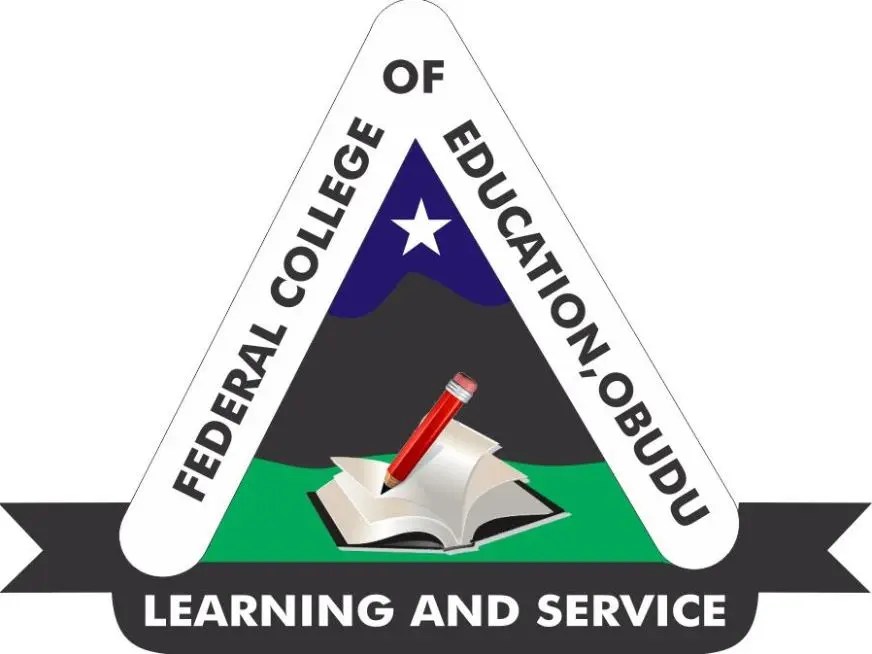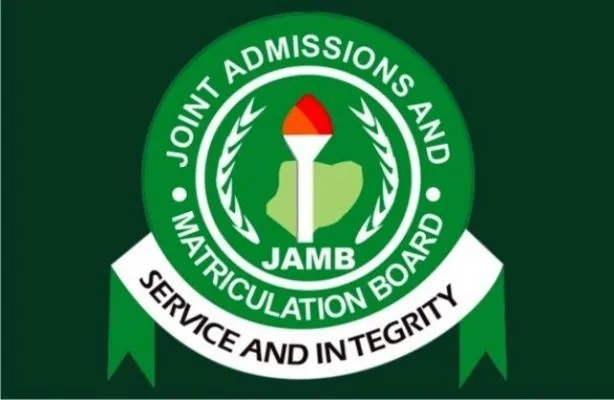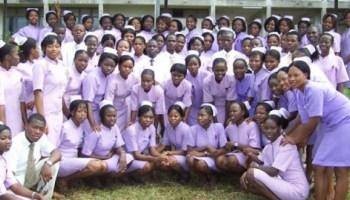
The crisis rocking the Nigerian university system is not yet over, Chairman of the National Human Rights Commission, Prof. Chidi Odinkalu, said on Friday.
Odinkalu told the News Agency of Nigeria (NAN) in
Abuja that though the stalemate between the Academic Staff Union of Universities (ASUU) and the Federal Government might appear to have been resolved, underlying issues requiring permanent solutions still
existed.
He applauded the signing of the agreement between the two parties describing it as a welcome development
since it would enable students to return to school. “I think the general feeling when this comes to an end will be relief that the universities are going to re-open, but that relief is bitter sweet.
“Bitter sweet because the underlying issues have not been addressed, bitter sweet because the way we are going, this is guaranteed to happen
again.
“And something needs to be done to make sure it doesn’t happen again. “The problem in the education sector is more than just infrastructure. Infrastructure is
part of it.
“So, let’s say government provides money; that’s not all that the government has got to do; how do you ensure that that money is going to be used for what it is meant. “How do we ensure that every dime of that money fulfills its role in the system; that there is no
diversion?
“Are we saying that all the vice chancellors are saints, and none of the money that gets into the university system ever gets diverted? And why has the
infrastructure system has become so run
down?
“It is because university lecturers
have allowed the system to be overwhelmed by politicians. There are rules as to limits, as to class sizes, as to what the infrastructure can take.“
Odinkalu said university lecturers should be more willing to ensure that rules were adhered to so that the infrastructure put in place would not suffer the same fate that had befallen the current one. He said lecturers and nions should not continue to fight a cause if there was no guarantee that they would be able to police the lines and hold them firmly.
The chairman also advised the unions to stop trading blames and be prepared to make some concessions. He
said all stakeholders in the educational sector should have the will to engage in dialogue to find solutions to existing challenges on a long term basis.
According to him, education is not just about the
university as most Nigerians may never go to the university, but that the universities are strategically important because among other things, it is where teachers are trained.
He said if the universities were not working and subsequently not producing quality graduates, then basic education was being jeopardized and that its
workability could not be ensured.
The don identified basic and high school education
as the levels with the capacity to ensure proper training of prospective graduates.
He, however, expressed the dismay that the two levels were not getting the desired attention owing to the crisis in the education sector.




